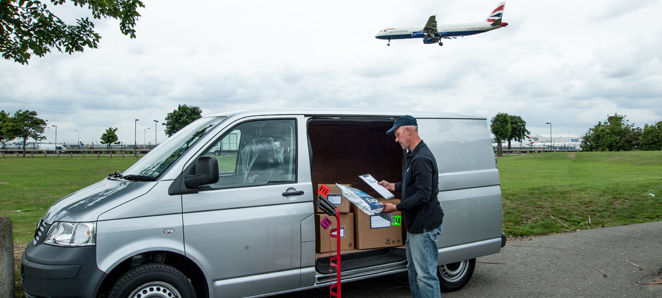Since 1st January 2021 the rules and regulations for shipping into and out of Europe from and to the UK have changed. For your consignment to be delivered in the most effective and efficient way, it is vital that you ensure any non-document consignments are declared in accordance with the EU-UK Trade Agreement. Please see the below information and should you have any questions please do not hesitate to contact our Client Services department.
EU-UK Trade Agreement
Although the EU-UK Trade and Cooperation Agreement refers to zero tariffs and zero customs duties, this does not replace the requirement to produce a customs declaration.
Customs Declarations
All non-document consignments from the UK to the EU and from the EU to the UK will require a customs declaration with the following information:
- Complete delivery address with contact details (phone number and/or email address)
- A complete description of goods
- Reason for export
- Value for customs purposes
- Country of origin
- Commodity codes (HS Codes) – These are numbers, typically 6 to 10 digits long, which classify goods that are treated and tariffed the same way
For further information the UK Government has a tariff lookup system available here. Our online services will automatically offer to create a shipping invoice for you and will prompt you to enter the necessary information or you can, of course, use your own invoice as long as the header contains the correct company information or personal information if a cash client.
Rules of Origin Requirements
To benefit from the EU-UK Trade Agreement the majority of products being shipped need to have been produced and manufactured in the UK or the EU.
The trade deal only applies to customs duties, meaning that in most cases customs duties will not be applied to goods fulfilling all of the necessary “rules of origin” requirements.
The good’s Country of Origin must be calculated and recorded accurately, and it is your responsibility to ensure the correct information is shown.
You can see more information about this here: Rules of origin for goods moving between the UK and EU.
VAT Implications & Responsibilities
VAT payment will be the responsibility of the company or person that the consignment is being sent to.
The recipient may be asked to pay for the VAT before the consignment is delivered or they may receive an invoice, for VAT charges and any administration costs, after delivery has been made.
Delivery At Place (DAP)
Duty and Vat (or local tax) charges will be paid by the importer of the goods once contact has taken place between the local customs broker or agent and the importer.
Delivery Duty Paid (DDP or Free Domnicile)
Should you wish to pay any Duty or VAT charges on behalf of your recipient the DDP option can be selected when creating your AWB when booking online. Please note that consignments will still have to go through the customs process and, once complete, any Duty, VAT and administration.

